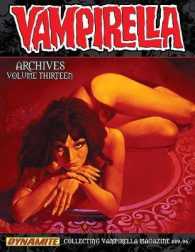- ホーム
- > 洋書
- > 英文書
- > Literary Criticism
Full Description
Counters the view of the late Emerson's decline by rethinking his engagement with liberal education and his intellectual relation to Whitman, William James, Charles Eliot, and Du Bois.
Recent scholarship has inspired growing interest in the later work of Ralph Waldo Emerson (1803-1882) and a recognition that the conventional view of an aging Emerson, distant from public matters and limited by declining mental powers, needs rethinking. Sean Meehan's book reclaims three important but critically neglected aspects of the late Emerson's "mind": first, his engagement with rhetoric, conceived as the organizing power of mind and, unconventionally, characterized by the trope "metonymy"; second, his public engagement with the ideals of liberal education and debates in higher education reform early in the period (1860-1910) that saw the emergence of the modern university; and third, his intellectual relation to significant figures from this age of educational transformation: Walt Whitman, William James, Harvard president Charles W. Eliot, and W. E. B. Du Bois, Harvard's first African American PhD. Meehan argues that the late Emerson educates through the "rhetorical liberal arts," and he thereby rethinks Emerson's influence as rhetorical lessons in the traditional pedagogy and classical curriculum of the liberal arts college. Emerson's rhetoric of mind informs and complicates these lessons since the classical ideal of a general education in the common bonds of knowledge counters the emerging American university and its specialization of thought within isolated departments.
Contents
Introduction: Late Emerson and the Recomposition of Liberal Education
"Natural Method of Mental Philosophy": William James's Principles of Pedagogy
"Education": Charles W. Eliot's Invention of the University
"Poetry and Imagination": Rhetorical Exercises in Walt Whitman's Gymnasium
"Eloquence": Lessons in Emerson's Rhetoric of Metonymy
Conclusion: Du Bois and the Double Consciousness of the College
Notes
Bibliography
Index








